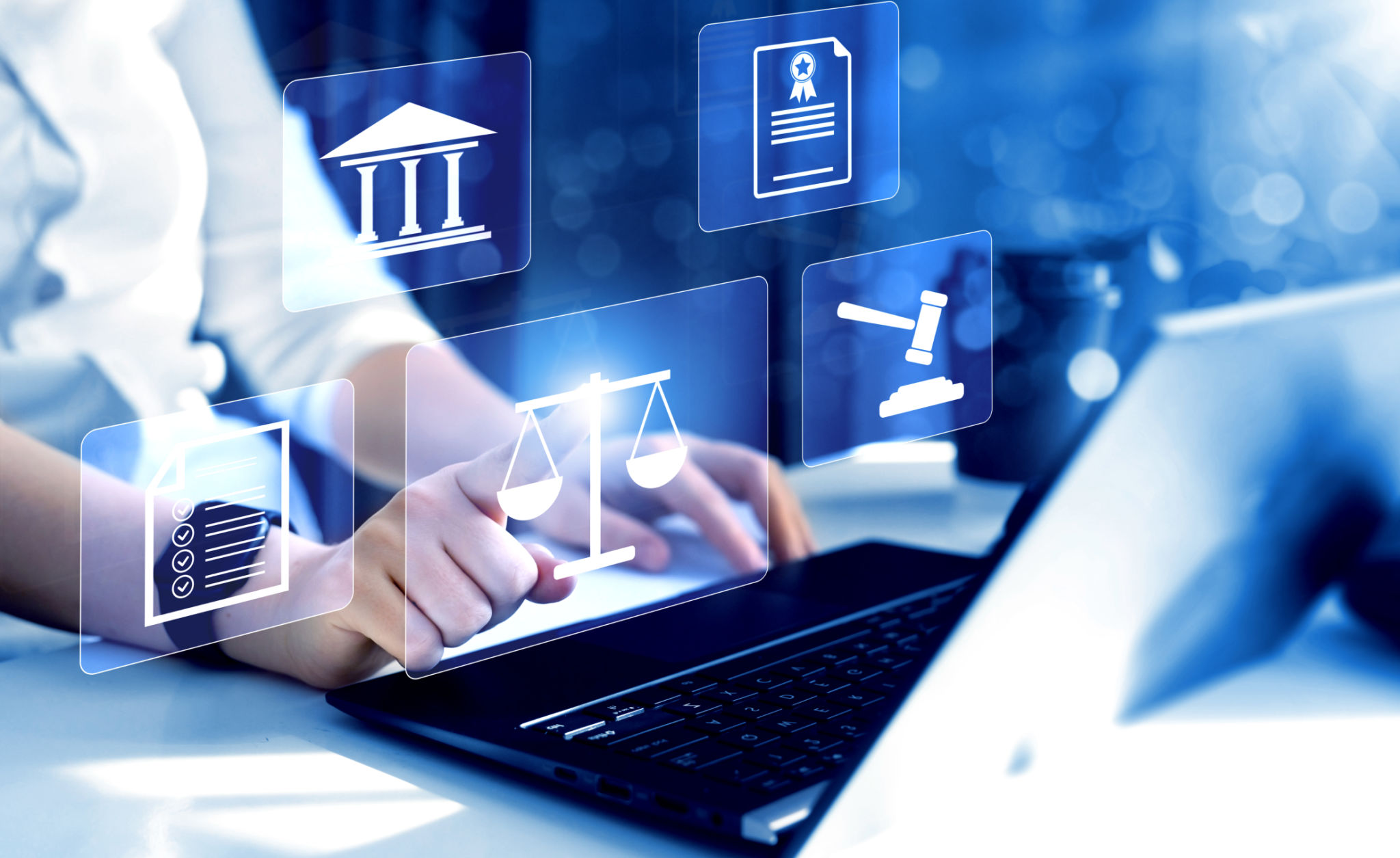Pro Bono Legal Services: Supporting Families Facing DCP&P Intervention
Understanding the Role of Pro Bono Legal Services
Families facing intervention from the Division of Child Protection and Permanency (DCP&P) often find themselves in complex and distressing situations. Legal proceedings can be overwhelming, especially for those who are unfamiliar with the legal system. This is where pro bono legal services play a crucial role. These services provide invaluable support to families who might not otherwise have access to legal representation, ensuring that their rights are protected during such critical times.
Pro bono legal services are offered by attorneys who volunteer their time and expertise without charge. This altruistic approach helps level the playing field, giving disadvantaged families a fighting chance in legal disputes. The assistance provided can range from offering legal advice and representation in court to helping navigate procedural requirements.

How Pro Bono Services Support Families
When families are confronted with DCP&P intervention, they are often dealing with sensitive issues such as allegations of neglect or abuse. Having a knowledgeable attorney can be pivotal in these situations. Pro bono lawyers not only help families understand their rights but also guide them through the legal process, ensuring that their voices are heard.
The support provided by pro bono services can make a significant difference in the outcome of a case. Attorneys can help gather evidence, prepare documentation, and represent families during hearings. By providing these essential services, pro bono lawyers help ensure that justice is served fairly and without bias.

Eligibility and Access to Pro Bono Services
Accessing pro bono legal services generally requires a demonstration of financial need. Families seeking assistance must meet specific eligibility criteria, which vary by organization and region. Many law firms and non-profit organizations have programs dedicated to providing free legal aid to those who qualify.
Here are some steps families can take to access pro bono services:
- Contact local bar associations or legal aid societies for information on available programs.
- Seek referrals from community organizations or social services.
- Utilize online resources to find nearby pro bono legal clinics.
The Impact of Pro Bono Work on Communities
The impact of pro bono legal services extends beyond individual families; it strengthens communities as a whole. By addressing the legal needs of vulnerable populations, these services help promote social justice and equity. Families who receive the necessary legal support can achieve stability, which contributes to healthier communities.

Moreover, pro bono work allows attorneys to give back to society, enhancing their professional development and satisfaction. It fosters a culture of empathy and responsibility within the legal profession, encouraging more lawyers to participate in voluntary service.
Challenges Faced by Pro Bono Programs
Despite their importance, pro bono programs face several challenges. There is often a high demand for free legal assistance, which can strain available resources. Additionally, the complex nature of family law cases requires significant time and expertise from attorneys.
Organizations providing pro bono services must continuously seek funding and support to sustain their efforts. Collaboration with other legal entities and community partners can help alleviate some of these challenges, ensuring that more families receive the help they need.
Conclusion: The Lifeline of Pro Bono Legal Services
Pro bono legal services are a lifeline for families facing DCP&P intervention. By offering critical support and representation, these services uphold the principles of justice and fairness. As more attorneys commit to pro bono work, the positive ripple effects will continue to be felt across communities, empowering families and fostering a just society for all.
